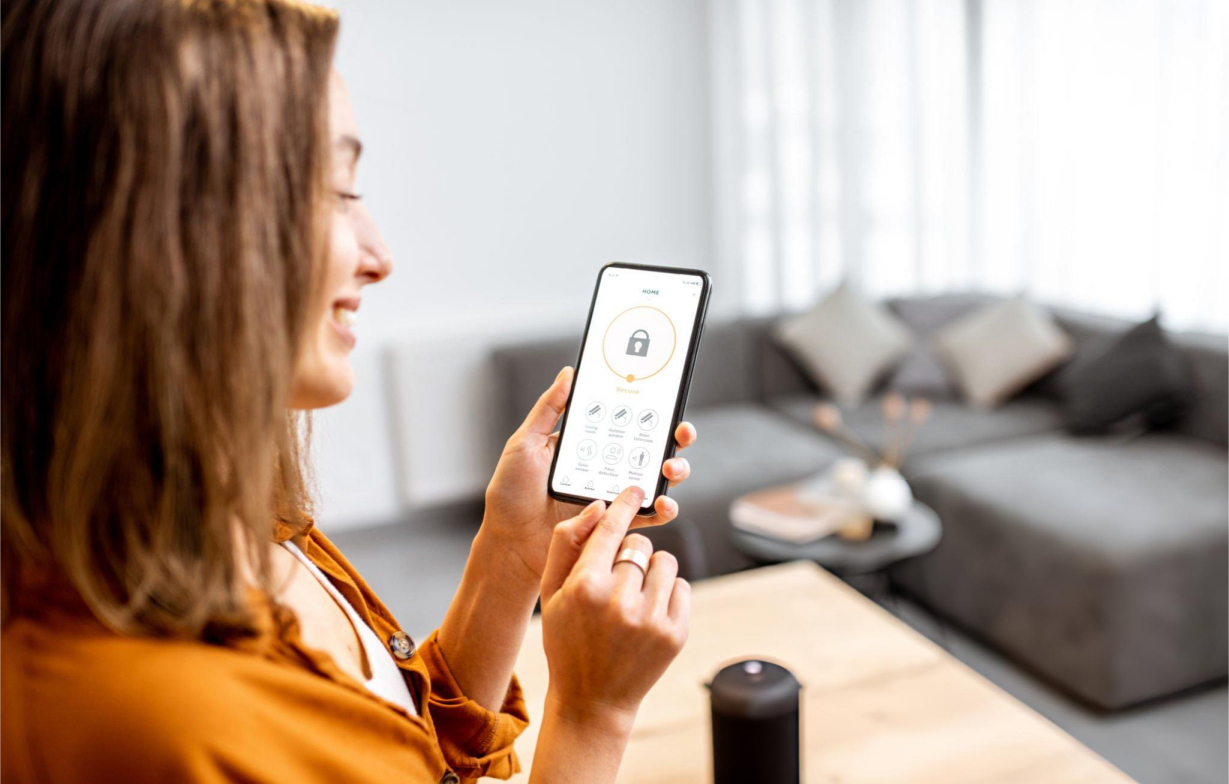Are smart homes safe? This question is common among homeowners considering home automation. Smart homes are designed to improve security, efficiency, and convenience. With automated locks, surveillance cameras, and smart sensors, modern homes are safer than ever before. However, some homeowners still wonder whether smart technology introduces new risks. This article explores how smart homes enhance safety, protect privacy, and ensure a secure living environment.
How Smart Homes Improve Safety
Smart home technology enhances home security, reduces risks, and provides real-time monitoring. Automated systems help prevent break-ins, detect hazards, and ensure that homes are always protected.
Smart Locks and Keyless Entry
Smart locks allow homeowners to lock and unlock doors remotely, eliminating concerns about lost keys. Many models offer access codes for family members or service providers, enhancing security while providing convenience. Unlike traditional locks, smart locks can notify homeowners of any unauthorized entry attempts.
Security Cameras and Motion Sensors
Smart security cameras provide live video streaming, motion detection, and two-way audio communication. These features allow homeowners to monitor their property in real time and communicate with visitors or potential intruders remotely. Motion sensors can trigger alarms or automated lighting to deter trespassers. High-quality security cameras, such as the Arlo Pro 4, offer AI-powered motion detection, encrypted video storage, and enhanced night vision to ensure reliable home protection.
Fire, Water, and Gas Leak Detection
Smart smoke detectors and carbon monoxide alarms send instant alerts to homeowners when hazards are detected. Water leak sensors help prevent costly damage by notifying users of potential leaks. These automated detection systems provide an extra layer of safety compared to traditional alarms.
Automated Lighting for Security
Smart lighting systems can be programmed to turn on and off at specific times, creating the appearance of occupancy even when homeowners are away. Motion-activated lights improve outdoor security by illuminating dark areas and deterring potential intruders.
Addressing Common Smart Home Concerns
Privacy and Data Security
Smart home devices collect data to improve automation, but they are designed with encryption to keep user information secure. Homeowners can enhance privacy by adjusting device settings, choosing local data storage, and limiting third-party access to personal data.
Power Outages and Connectivity Issues
Some homeowners worry about how smart homes function during power or internet outages. Many smart home systems have battery backups, ensuring security features remain active even if the power goes out. Local networks allow smart home devices to continue functioning without relying on the internet.
Cybersecurity in Smart Homes
While any internet-connected device can be vulnerable to hacking, strong security measures help protect smart homes. Homeowners can improve cybersecurity by using strong passwords, enabling two-factor authentication, and keeping firmware updated. Those who operate their smart home on a local network eliminate external hacking risks, as their devices do not rely on cloud access.
How to Keep Your Smart Home Secure
- Use strong passwords and two-factor authentication for all smart home accounts.
- Regularly update firmware and security patches for smart devices.
- Secure Wi-Fi networks with encryption and avoid default passwords.
- Limit data sharing in device privacy settings to enhance security.
- Choose smart home products from trusted brands with strong security standards.
Are Smart Homes Safer Than Traditional Homes?
Compared to traditional security systems, smart homes offer real-time monitoring, remote access, and automated protection. Smart locks eliminate the need for physical keys, security cameras provide live video feeds, and smart alarms instantly detect threats. With proper security measures, smart homes provide an advanced level of safety that exceeds traditional systems.
Conclusion
Smart homes are designed to enhance security, improve safety, and offer homeowners more control over their environment. With automated locks, motion-activated security systems, and encrypted data protection, smart homes provide advanced security solutions that keep families safe. Whether using cloud-based systems with strong encryption or operating on a local network for ultimate protection, smart home technology ensures a safer and smarter way to live.
Protect your home with advanced smart technology. TechNest designs and installs secure, reliable smart home systems tailored to your needs.

